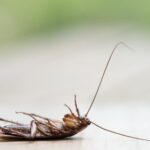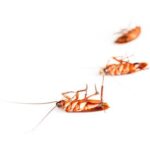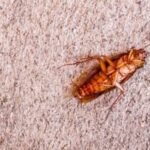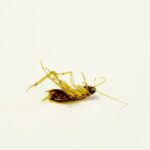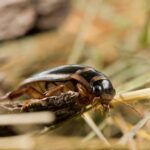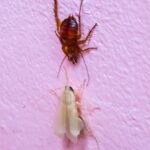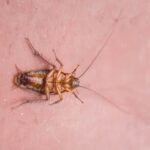Does Cockroaches Cause Asthma?
Some research suggests that cockroach allergens can trigger asthma and allergies. The allergens can directly activate epithelial cells and induce the production of cytokines and chemokines that recruit inflammatory cells to the allergen-damaged airways. They can also disrupt airway epithelial integrity by activating PAR-2, which allows allergens to penetrate more deeply into the airways. In addition, they can activate innate immune cells via C-type lectin receptors, Toll-like receptors, and aryl hydrocarbon receptors.
Some people may develop a cockroach allergy over weeks or months. It’s important to treat the problem promptly, as a growing infestation can lead to an asthma attack. Asthma symptoms are triggered by any number of triggers, including pollen, dust mites, and mold. In addition to cockroaches, there are other potential causes of asthma.
Some studies have reported that cockroach allergens are responsible for an increase in asthma symptoms in children and adults with a family history of the disease. In a meta-analysis of studies from 2000 to 2013, researchers found that there was a significant association between indoor cockroach allergen exposure and asthma. Additionally, patients with cockroach sensitization had higher asthma morbidity and a higher hospitalization rate.
In homes where cockroaches are known to be a risk factor, people who have asthma should try to limit the number of indoor pets they have in their homes. In addition to removing pets, owners should use air cleaners with HEPA filters to minimize their exposure to allergens. In addition, they should also avoid letting pets roam around the house while cleaning.

